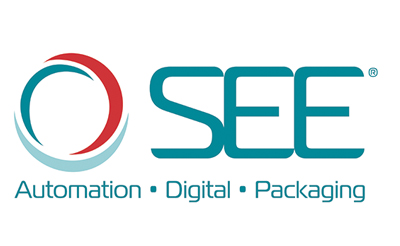Achieving Sustainability Goals The Role of Recycling Programs and How to Incorporate Corrugated Packaging
Join us for an engaging discussion that will highlight the intersection of recycling programs and the sustainability benefits of corrugated packaging. As consumers increasingly seek products from brands who prioritize environmental responsibility, understanding the impact of packaging and recycling decisions is essential to meet consumer expectations and to establish and measure sustainability goals and metrics that can be utilized by programs like Protein PACT to enhance consumer trust in the entire meat and poultry industry.
How to Operationalize ESG in the Meat Processing Industry
As organizations face increasing pressure to disclose ESG information from stakeholders, regulators, and investors, the ability to comply with new regulations like the US SEC Climate Disclosure, SB-253, and SB-261 is critical. These rules demand companies collect and report extensive data, adding significant administrative overhead. This webinar will explore how Infor’s enterprise applications can streamline your ESG reporting process and help you turn these challenges into opportunities for competitive advantage.
ESG 101 Practical Steps for Building Value Chain Resiliency
Environ introduces Environmental, Social, and Governance (ESG) principles and the role they play in enhancing value chain resiliency. Learn essential ESG terms, definitions, and key frameworks like CDP (formerly referred to as the Carbon Disclosure Project), Global Reporting Initiative (GRI), Sustainability Accounting Standards Board (SASB)/IFRS, and the Task Force on Climate-related Financial Disclosures (TCFD). Discover how the Meat Institute's initiatives align with ESG principles and what it means for your organization.
Sustainability and Legislative Updates in the Meat Industry
Join the Meat Institute and experts from SEE as we discuss sustainability perspectives, food waste, and regulations impacting the meat and poultry industry. This webinar will also tackle important discussion points related to Extended Producer Responsibility (EPR), ranging from what we know now to where we need to focus our efforts in the future.
Sponsored by: 
Protein PACT Summit 2024
The Protein PACT Summit, the premier event for meat industry leaders, returns for its fourth year, offering a powerful platform to elevate your knowledge, network with peers, and shape the future of sustainable protein production.
Gain actionable insights on critical industry topics like consumer trust, sustainable value creation, and continuous improvement strategies, and engage in thought-provoking discussions with fellow executives and renowned experts, including climate scientist Dr. Katharine Hayhoe.


